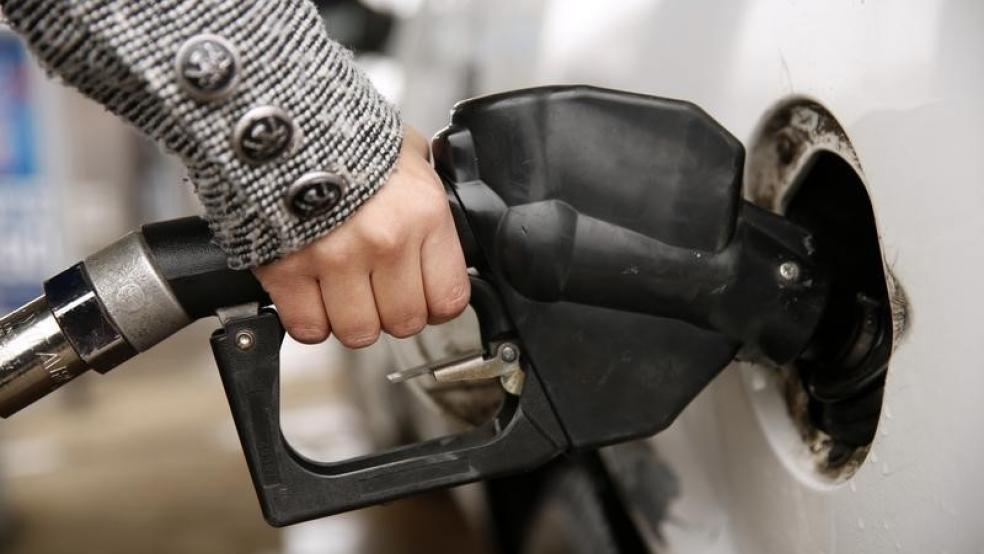Seven states raised their gas taxes Sunday. “The reasons for these increases vary, but most will inject new funds into infrastructure maintenance and construction projects,” according to Carl Davis, research director for the Institute on Taxation and Economic Policy. Nebraska, meanwhile, lowered its gas and diesel taxes by 0.4 cents a gallon. Here are the seven states that raised their gas taxes:
Oklahoma: Raised its gas tax by 3 cents a gallon and diesel tax by 6 cents a gallon, bringing both taxes to 19 cents, still one of the lowest in the country. This was the state’s first gas tax hike since 1987. “While the revenues raised by these taxes will be dedicated to transportation, they will replace general fund money that had previously been spent on infrastructure,” Davis writes. “Those general funds will now be directed back toward education in order to raise pay for the state’s teachers, who are the lowest paid in the nation.”
South Carolina: Raised its gas and diesel taxes by 2 cents a gallon, the second of six such hikes that will ultimately raise the tax by a total of 12 cents.
Indiana: Raised its gas tax by 1.8 cents a gallon. The diesel tax went up by a penny. “Both taxes are now updated annually to keep pace with inflation and the rate of personal income growth in the state due to a reform enacted in 2017,” according to Davis. “The gasoline tax is also linked to gas prices, which explains 0.8 cents of the 1.8 cent increase.”
Maryland: The gas and diesel taxes each went up by 1.5 cents a gallon, based on a formula put in place in 2013 to link the tax to inflation and the price of motor fuel.
Tennessee: The gas tax went up by a penny a gallon and the diesel tax rose by 3 cents as part of a phased plan enacted in 2017 that will raise the gas tax a total of 6 cents and the diesel tax by 10 cents.
Vermont: The gas tax, linked to the price of gas, rose by 0.42 cents.
Iowa: The gas tax went up by 0.2 cents for fuels not blended with ethanol — because it’s Iowa. “Most fuel in the state will be unaffected by this change,” notes Davis, “as ethanol-blended fuel is more common in Iowa.”






